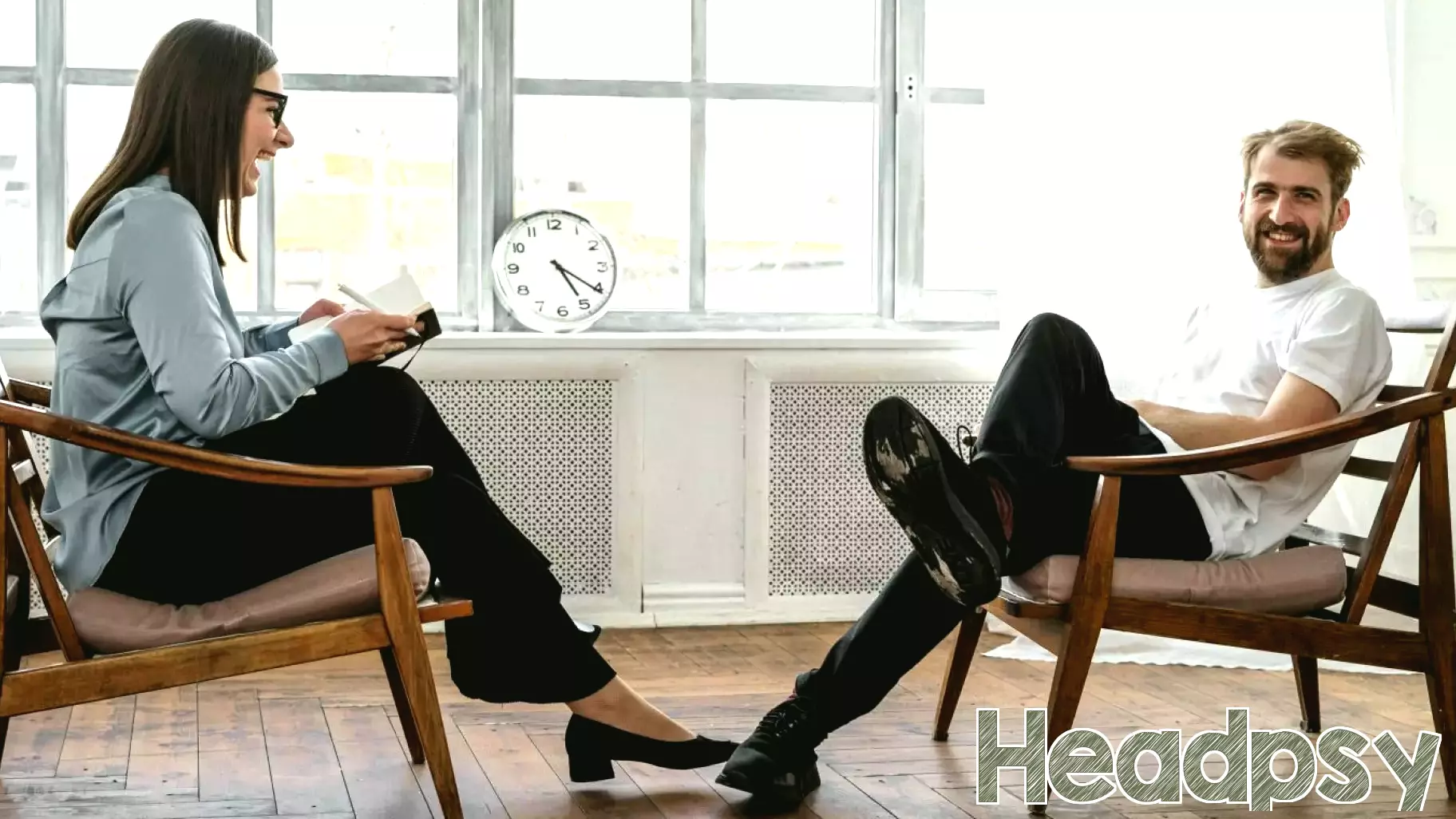April 17, 2025 - 19:14

Recent portrayals of therapists in popular media depict them as more like friends than traditional, distant authority figures. This shift raises intriguing questions about our expectations and desires from therapeutic relationships. As audiences consume these narratives, they may begin to reflect on their own perceptions of therapy and the qualities they seek in a therapist.
The idea of a "friend-apist" suggests a longing for a more relatable and approachable figure in the therapeutic space. Many individuals may feel that a friendly demeanor fosters a sense of safety and openness, allowing for deeper emotional exploration. This trend highlights a growing desire for connection and authenticity in mental health support, contrasting with the conventional image of therapists as strictly professional and reserved.
As society continues to evolve, so too do the dynamics of therapy. People increasingly value empathy, understanding, and relatability in their mental health professionals, which may influence how therapists adapt their approaches to meet these changing expectations. Ultimately, the portrayal of therapists as friends could signify a broader shift towards more personalized and human-centered care in the mental health field.



